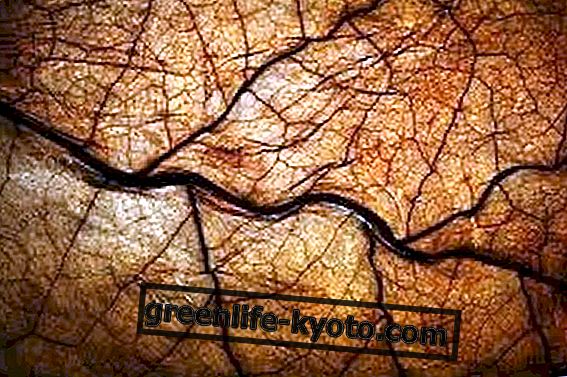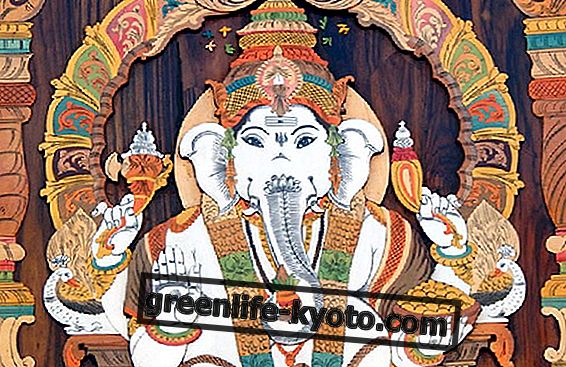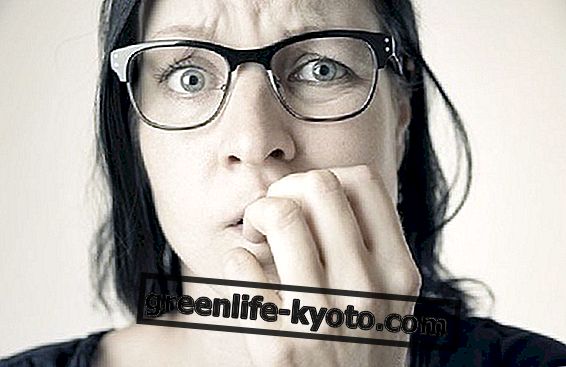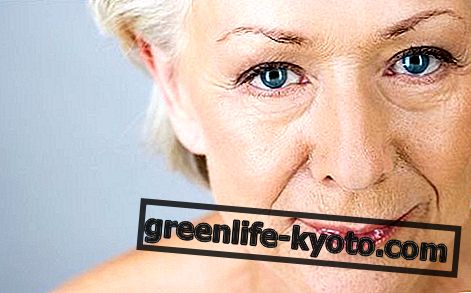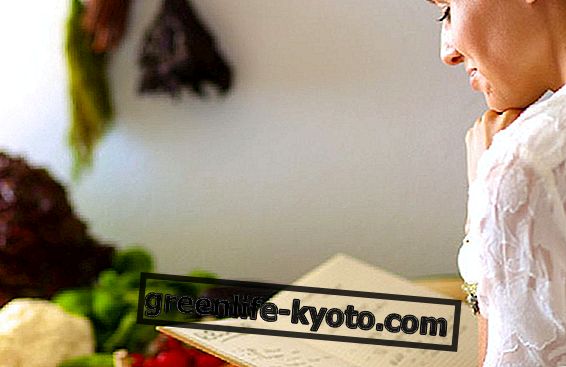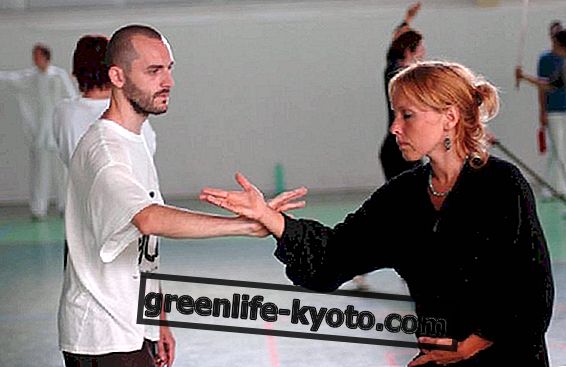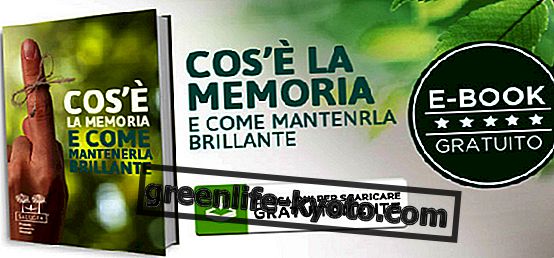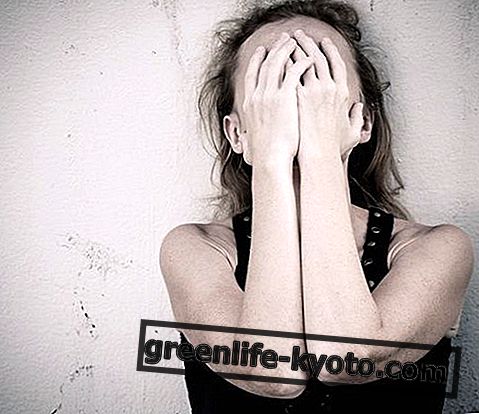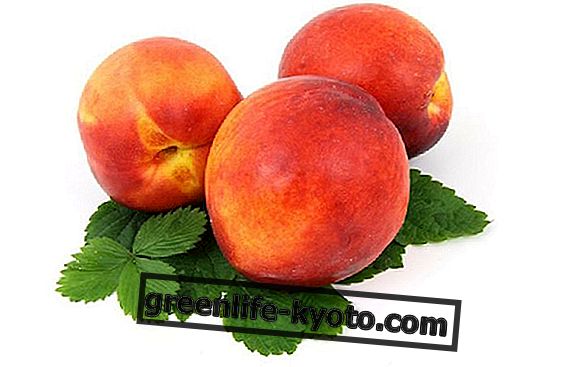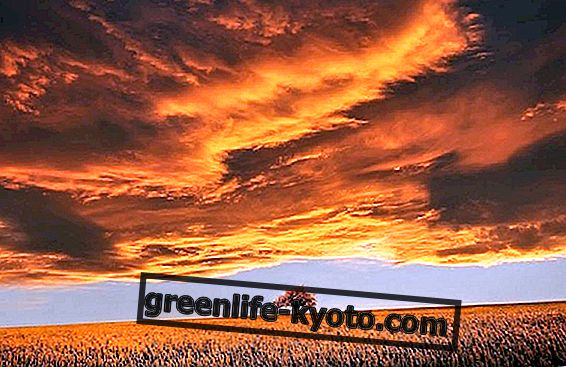
Not that I know them very well, but a kind of affinity has been triggered immediately. It happens and they say it will happen more and more often in this era in which connections travel fast and thought has immediate power over reality.
Ilaria and Uri welcomed me into their home with a whole new light inside, little Noa, their newborn daughter.
Uri is a participatory arts facilitator and theater director ; has conducted transformative laboratories and training for people working in the social and education sectors, in Nepal, Northern Ireland, the USA, Israel-Palestine, Estonia, Croatia, Holland, Georgia and Italy.
Uri trained with renowned practitioners of the Theater of the Oppressed (TDO) and, in his practice, explores the points of contact between the TDO and other similar approaches and methodologies. In his eyes, pure love shines when three magic words arrive that all begin with the same letter: transformation, earth, theater, permaculture.
Ilaria, starting from an academic background in International and Diplomatic Sciences, has tried other possible ways, she has become a trainer, educator, facilitator of social theater and non-formal education workshops for adults, girls and boys. He deals with interculture, gender issues and sustainability / post-development, looking for connections and plots.
When you talk to them it is clear that you have in front of people who do not cheat and to cheat you intend to get stuck in ego investments, remain identified with what you have, with the work that takes place, the social status . Together they created a reality in Casalbordino, in Abruzzo, a project of artistic residence that takes the name of Communitas and is divided into four residences (14-22 June; 5-13 July; 21-26 July; 5-12 August; 20-26 August).
What is the bond that unites nature and theater?
Ilaria: I don't have a predefined answer but it occurs to me that the theater, as I see it, can open doors of dialogue between mind, body and, I would say, soul, spirit .
Therefore it is a tool for reconciling the mental and the bodily part and since the body is an integral part of nature, this integration takes place on several levels simultaneously. A connection that is needed, considering that the current civilization tends to release this body-nature connection.
Uri: Our nature is theater, that is, it is through the theater that we can learn something more about our nature. Our theater of the oppressed or in any case the activity of the community is an exploration that has led us to put together more elements to trace the intimate connection between oppression and injustice with the disconnection from nature and the abuses themselves against nature.
We have already had the opportunity to experience another possible world in Sardinia, a place that has seen us engaged in another possible world staged. We had a "secret garden" that had been abandoned and that a couple wants to turn into a place dedicated to theater, to dance in nature.
In summary we have "baptized" him, we have arrived there and we have given life to a community. We have worked with a nice group of people from all over the world and the process has brought about changes in the relationship with nature since we were small until we grow to the future relationship that we imagine beyond the present.
The adventure was very rich, also because the experience in tents, the shared shower, the sober life, little waste of water and being together on the large terrace was added to the theater workshop. In Abruzzo the experiment was repeated, this time with the laboratory "Repairing the house, building the community" with Francesco D'Ingiullo, intertwining work on the earth and the theater The red thread of both experiences is strong and that is that connects doing and creating, concretely and duqneu also in the spirit.
Also read Theater and drama as therapy
Talk about an "archaic future" in relation to the experience of Communitas . Why?
Ilaria: I borrowed an expression from Mary Daly . I participated in a circle of women led by D aniela Degan and she was the one who mentioned Daly.
In this expression I see the civilization of ancient Europe, the ancient gilan civilizations where there existed a real harmony between male and female, between humanity and nature . In recalling something that comes from the past we are actually visualizing what I believe is the only possible future, right now. The paradigm of the hierarchical relationship is knocked down - which is between man and woman, humanity and nature, group and group - and mutuality and partnership emerge, as Ryan Eisler puts it.
In the project you have involved other people you call facilitators, including myself. Why this title?
Ilaria: It is a definition with which I find myself very well, better than with others. Whoever facilitates creative processes in fact is educating but in the key of bringing out something that already exists. When I do workshops in schools, the first thing we do is move from the benches in a row to the circle: here, the figures we imagine do not line up, but put in a circle, they facilitate the processes of learning, criticism, investigation.
Uri: I use various names to define what I do. It always depends on the context, but in general the facilitator is the artist who sees, who sees first the concrete possibility of what still needs to happen. It is a question of seeing the potential of a person, of coagulating a group, of inviting connection, of creating images. It is a process of transformation, of metamorphosis.
I see the possibility and facilitate its realization; it's a bit like figuring out which statue is already inside the marble, so to speak.
There will be moments of theater, of doing with the hands, of permaculture and "living practice of the body". Then, after dinner, I really like that you wrote only TOGETHER, in the program.
Uri & Ilaria: (They laugh) In the English version we called it communitas time. In summary, it is the spontaneous time of being together, which is invaluable.
Many different activities, from earth to spirit, from dance to cultivation. There is a certain fluidity that runs throughout the program ...
Uri: I would talk more about a fluidity between people who are in a space that is in the middle. Augusto Boal has used and reinvented an expression that I like so much that it is called metaxis and refers to the space between things, between reality and fiction, between definition, between divine and physical.
It is the space in which transformation is possible. The same matrix has TheAlbero; the end is a new network that can grow, expand, explore the boundaries, the liminal space between dance and permaculture, between theater and song, between planting seeds and telling.
Mixing diversity is a bit like doing polyculture; polyculture from which stronger fruits are drawn, compared to monoculture. On the same frequency is the very interesting movement called transition town, created by people who talk about the change of direction between the oil economy to another type of economic structure.
We rely on the close contact, on the new local economy, to enhance local network resources that also have a global value.
Ilaria: We move from dance to permaculture, from theater to reportage on social movements in the Mediterranean, from eco-design to the consensus method, from ritual to learning, because we need a paradigm shift.
For this reason we have chosen the expression "Other possible worlds" because the word "worlds" refers to a holistic and multidisciplinary dimension, because we believe that real alternatives must be "worlds", ie paradigms with imaginaries, visions and practices on relationship between body, mind and spirit, on the man-woman-nature relationship, on the relationships between groups of different cultures, on the relationships between genres.
Furthermore, I have long been inspired by texts that deal with development criticism, which question this growth at all costs. I think of Serge Latouche's texts on degrowth. The connection between art and the creation of a spontaneous community can make people experience that there are other possible worlds, where economic logic is at least questioned.
We talk about depression, crisis, well ... let's see what's beyond. The first experience we had called "Another Possible World: Staging" in reference to what I can visualize, to what I can try to put on stage. Now the project is "Other possible worlds in praxis" because there is the phase of practice and of reflection and alternation between these ..
Uri: See, there is this expression by Antonio Machado: "We create the road by walking". It is so. If I put together dance and theater I am in fact realizing a paradigmatic change that concerns not only a disciplinary sphere. It is a question of seeing the alternative to what exists. Don't create another dominant structure, but a plurality, new alternatives.
It is a horizon that we tend to, not a place. It is about embracing the way.
Plurality then saves from fanaticism and keeps alive the idea of the village as a spontaneous encounter and therefore multiplication, connections.
How would you explain the vision behind this artistic residence to your newborn Noa?
Ilaria: A journey, a dreamlike journey, but at the same time real in the night in the dream but also in the day of the possibility of something that if initially it is considered a dream - and a dream even a little crazy - then it becomes reality. I would explain to Noa perhaps drawing circles, spirals and making them feel the scents of nature.
Uri: I would use the tower of tarrocchi. We are in free fall not in the possible future but in the future that MUST be. For me it is inevitable, we cannot but face a future in which we return to create, in which we reconnect to the essential, to what it means to be a humanity not as an end but as a process.
Going back to nature despite everything we've done to you ...?
Uri: If we are the problem, we can also be the solution, for example by learning about permaculture. It is a matter of searching, trying to be the solution to what we are for a limited time, in a space where people spontaneously come closer.
And what is the experience on all of them that made this transformation intent possible? What started the spark, what did you see "military" in already existing paradigms?
Like all Israelis, I did 3 years of compulsory military service . I was a soldier and therefore subjected to those intense, destructive ways I would say, dramatic. Those years, however, have opened the subsequent process towards the recovery of humanity through art, theater, a recovery that is not only personal, but turns to others.
Ilaria: I studied international diplomatic sciences at university and I chose as a specific degree course that oriented towards development cooperation, which says a lot, considering that I focused on development criticism and degrowth issues.
A phase of conflict with the sector of international cooperation followed, a field dominated by a certain neocolonialism and / or a certain amount of Catholic-like rhetoric of generosity filled with a certain economic and political opportunism .
My transformation has been a worker in the field of cooperation as a trainer / facilitator of change processes. Another transformation I see from the passage of the vague dream of a child to be a missionary in Africa to my lucid dream of a life with the horizon of degrowth.
My background is that of a Christian family and of this tradition I now see what I have always had in a search for sobriety that if you want is the essence of the teaching of Francis of Assisi, it is enough to join Rahnema's reflections on the difference between poverty with Francis and misery and get involved.
